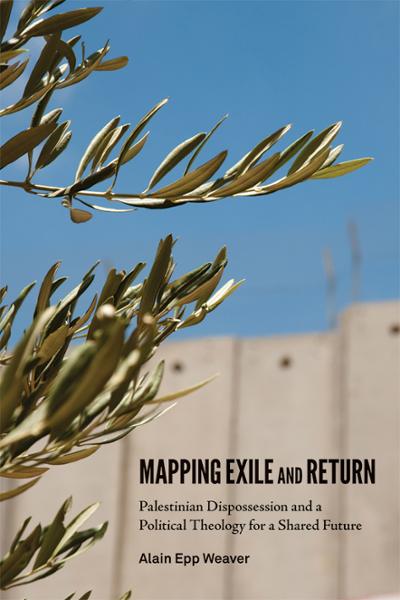Tag: Exile
-
Palestinian Christian struggle mapped in new book
5th May 2014 | The Electronic Intifada, Joe Catron | Gaza City, Occupied Palestine In Mapping Exile and Return: Palestinian Dispossession and a Political Theology for a Shared Future, American Mennonite theologian and aid worker Alain Epp Weaver explores a legacy of Palestinian Christian exile, and struggle for return. The book’s terrain ranges from the ethnically-cleansed villages of the Galilee to the Upper…
-
In Exile: Families relate stories of prisoner exiles
by Alistair George 10 December 2011 | International Solidarity Movement, West Bank Although Palestinian prisoners endure harsh conditions in Israeli prisons, including and physical and psychological torture, their families are also severely punished through the policies of the Israeli authorities. The prisoner release deal brokered between Hamas and the Israeli authorities saw the release of…
-
Loay Auda: From a closed cell to the jail of exile
by Silvia Todeschini 26 November 2011 | International Solidarity Movement, Gaza Loay Auda, in Israeli prisons since 2002, was released in the last prisoner swap exchange. Native of Jerusalem, he was of the many deported to Gaza. In an interview with International Solidarity Movement, Loay and his mother describe the night of his arrest, the…


